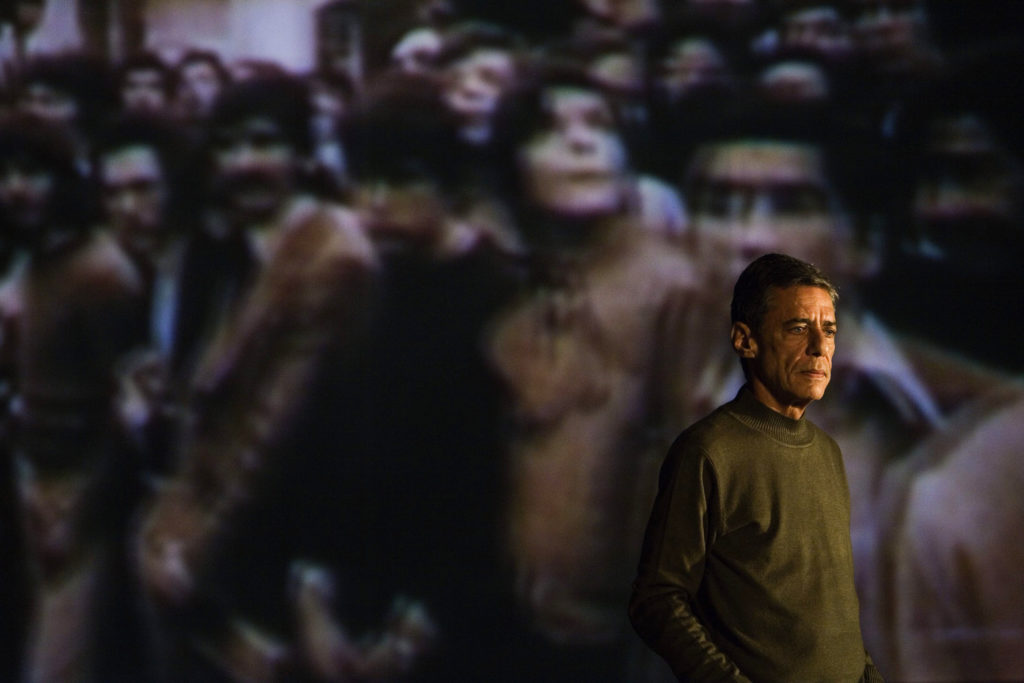By Harold Emert
RIO DE JANEIRO, BRAZIL – Considered the equivalent of the Nobel Prize for literature in the Portuguese language, the 2019 Camões Prize for Literature has been awarded to Brazil’s most famous polymath: songwriter, singer, novelist, playwright, and political activist Francisco Buarque de Holanda, universally known as Chico Buarque.

Jury members from Angola, Portugal, Mozambique, and Brazil unanimously selected Chico to receive the €100,000 award this September.
The prize, granted annually since 1989, is for the totality of a writer’s work, rather than for any specific oeuvre.
Prior Brazilian winners of the coveted award include prominent members of Brazil’s literary canon – Raquel de Queiroz, Jorge Amado, João Cabral de Mello Neto, Ferreira Gullar, and Rubem Fonseca.
Celebrated Portuguese novelist José Saramago won the award in 1995, three years before garnering the Nobel Prize for Literature.
Besides writing and scoring over 300 popular songs, many of whose words are known by heart to most Brazilians, Chico Buarque has written several plays and four novels.
His plays include two which were prohibited by the military regime, “Roda Viva” and “Calabar”, as well as the popular musicals “Opera do Malandro” (a Brazilian take on Weill’s “Three Penny Opera”) and “O Grande Circo Místico” (The Great Mystical Circus, later turned into a film by Brazilian director Cacá Diegues).
His novels include three, “Estorvo”, “Budapest”, and “Leite Derramado” that won him Brazil’s Jabuti Prize for best novel or book of the year, in 1992, 2004, and 2010, respectively.
The son of renowned historian Sergio Buarque de Hollanda and pianist/painter Maria Alvim, Chico was born in Rio in 1944 but his family moved to Sao Paulo in 1946 and to Rome in 1953, where his father was invited to teach.
Chico initially studied architecture in São Paulo but interrupted his studies in 1965 to pursue his musical career. His song “A Banda” (“The Band”), sung by Nara Leão, won a 1966 national song festival and launched his career.
Reacting to the imprisonments and exiles beginning in 1968 of many intellectuals, including his friends, Chico went into what he called self-exile from 1969 to 1970 but returned afterward to continue a successful musical career.
Many of his songs and other musical creations were thinly-veiled protests against Brazil’s military regime; some miraculously escaped censorship.
Although he has continued performing and composing, he has begun to slow down his pace, to the disappointment of his many fans, dedicating himself more to literature. His career has now culminated in the prestigious Camões award for his life’s work.

